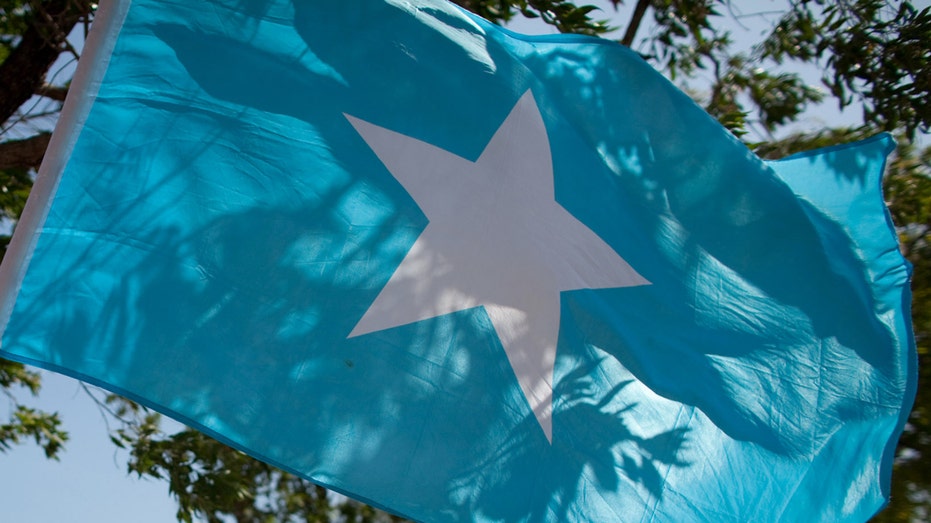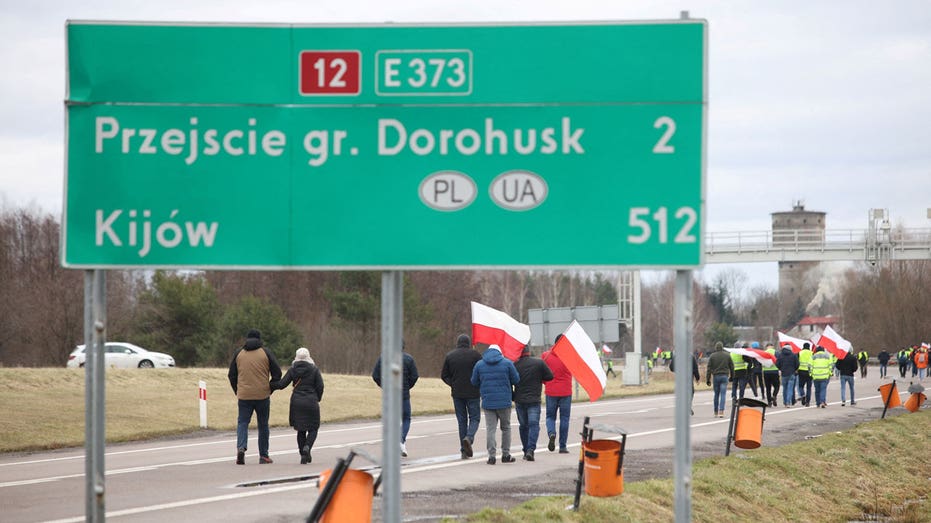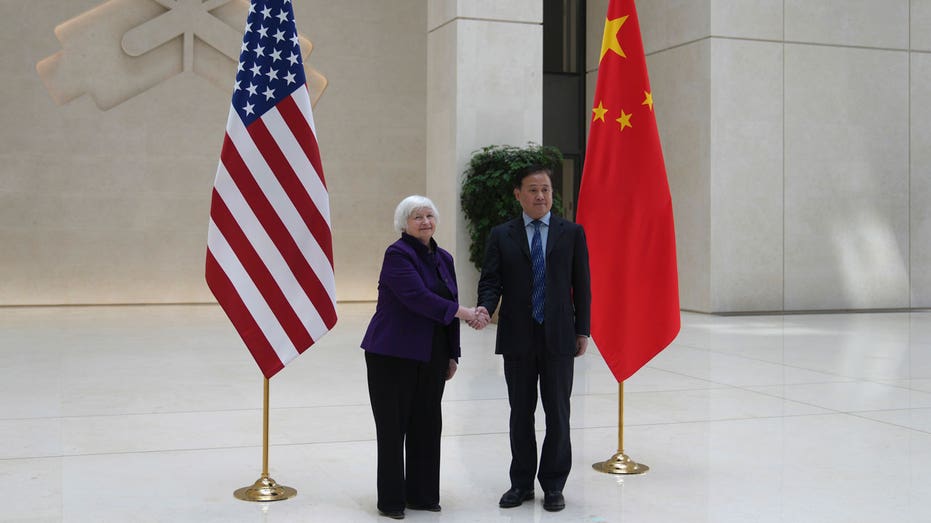Somalia on Wednesday secured a $4.5 billion debt relief deal from its international creditors, the International Monetary Fund and World Bank said, which will allow the nation to develop economically and take on new projects.
The deal comes as part of a debt forgiveness program —called the Heavily Indebted Poor Countries initiative — overseen by both organizations. As a result of its participation in the program, Somalia’s external debt will fall from 64 percent of GDP in 2018 to less than 6 percent of GDP by the end of 2023, the IMF and World Bank say in a joint news release.
Somalia’s national debt currently exceeds $5 billion, according to official figures.
UN SUSPENDS WITHDRAWAL OF AFRICAN UNION TROOPS FROM TERROR-RAVAGED SOMALIA
“Somalia’s debt relief process has been nearly a decade of cross-governmental efforts spanning three political administrations. This is a testament to our national commitment and prioritization of this crucial and enabling agenda,” said Somalia’s President, H.E. Hassan Sheikh Mohamud in a statement.
U.S. Treasury said it intends to cancel 100 percent of Somalia’s remaining claims and “urges Somalia’s other bilateral creditors to be equally generous and to move expeditiously.”
The deal is “a significant milestone in Somalia’s path to continued recovery and meaningful reform to promote greater stability and economic opportunities for the Somali people,” U.S. Treasury Secretary Janet Yellen said.
Ali Yasin Sheikh, deputy governor of Somalia’s central bank, told The Associated Press Wednesday that debt relief under the Heavily Indebted Poor Countries initiative comes as a relief for his country, which is eager to secure new funding for public projects.
In addition, he said, now it will be easier for Somalia to attract new investors.
“Debt forgiveness will lead to a change in the world’s perception of the country’s economic stability, he said. “Somalia will be able to access global funds and investments from all over the world, as it is open to international financial markets.”
He warned, however, that “it is crucial to ensure that measures are put in place to prevent Somalia from slipping back” into high debt again.
Somalia remains one of the world’s poorest countries, beset mostly by security challenges stemming from years of unrest.
WEST AFRICAN HIGH COURT DENIES NIGER’S REQUEST FOR SANCTIONS RELIEF, DEEMS JUNTA ILLEGITIMATE
The Horn of Africa country is trying to achieve political stability with transitions such as the one that ushered in Hassan Sheikh Mohamud in 2022, despite setbacks including an ongoing insurgency by al-Shabab. The extremist group, which opposes the federal government, still controls large parts of rural Somalia. Al-Shabab regularly carries out deadly attacks in Mogadishu, the capital, and elsewhere in the country.
Somalia also is vulnerable to climate-related shocks, with some parts of the country nearing famine conditions, according to the World Bank. At the same time, heavy rains in parts of Somalia recently have triggered destructive flooding.
Debt relief will free up revenue, including from meager but expanding domestic sources, to invest in key public infrastructure, said Mohamed Mohamud Adde, an independent political analyst and academic based in Mogadishu.
“It is crucial for the Somali government to have its debts cleared, since the government is not able to raise taxes from the public and cannot borrow money from international institutions due to these debts,” he said. “The old infrastructure of Somalia has been eroded by time and civil war. Thus, building new roads is essential for the country’s development. This would create jobs and facilitate people’s ability to trade with each other. “




